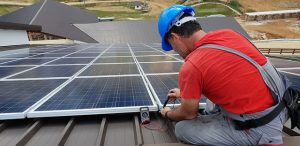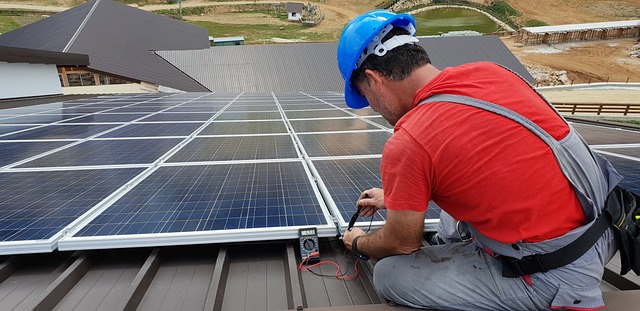Over the past few years, Australia has seen a significant rise in the demand for solar panels, especially in the residential market. Homeowners are increasingly opting for solar power solutions, recognising the long-term benefits of energy savings and environmental sustainability. Here we will explore the reasons behind this growing trend and the opportunities it presents for solar wholesalers and the broader industry.
Why More Australian Homeowners Are Choosing Solar
There are several reasons why more homeowners in Australia are investing in solar power panels:
 Energy Cost Savings
Energy Cost Savings
One of the primary drivers behind the rising demand for solar panels is the potential for energy cost savings. Electricity prices in Australia have been on the rise for many years, and for many households, it has become a significant financial burden. By installing solar power panels, homeowners can reduce or even eliminate their electricity bills. This is particularly appealing in sunny regions where solar energy production can meet most of a household’s energy needs.
- Environmental Concerns
Another reason behind the increasing adoption of Australian solar panels is the growing awareness of environmental issues. Many Australians are becoming more conscious of their carbon footprint and the impact of traditional energy sources on the environment. Solar panels provide a clean and renewable energy source, helping to reduce greenhouse gas emissions. For environmentally aware homeowners, solar is an ideal way to contribute to a more sustainable future.
- Government Incentives
The Australian government offers various incentives to encourage the adoption of solar energy. These include rebates and schemes like the Small-scale Renewable Energy Scheme (SRES), which provides financial incentives to households installing solar systems. These incentives make the upfront cost of solar panels more affordable, motivating more people to make the switch.
- Technological Advancements
Advancements in solar technology have made systems more efficient and reliable, further driving demand. Modern solar power panels in Australia are more durable and can generate more electricity from the same amount of sunlight than earlier models. This means better returns on investment for homeowners.
Opportunities for Solar Wholesalers
With the rising demand for residential solar power, the opportunities for solar wholesalers have never been better. Solar wholesalers play a crucial role in providing high-quality products to both installers and consumers. Here are some key opportunities for wholesalers in Australia:
- Meeting Demand with Quality Products
As demand for solar power continues to grow, solar wholesalers have the chance to supply top-tier solar panels and components. Homeowners are not just looking for any solar solution—they want systems that are reliable and efficient. Wholesalers can build strong relationships with installers by providing them with the best Australian solar panels, ensuring they meet the quality expectations of consumers.
- Expanding Market Reach
The growth of the residential solar market presents a chance for wholesalers to expand their reach. By partnering with local and regional installers, wholesalers can tap into new markets across Australia, from urban centres to remote areas. With more homes transitioning to solar, the need for consistent and dependable supply chains becomes crucial.
- Providing After-Sales Support
Another way wholesalers can differentiate themselves in a growing market is by offering after-sales support. This could include warranties, technical assistance, or training for installers on the latest solar technology. A strong support network can help solar wholesalers build a reputation for reliability and service, attracting more customers and securing repeat business.
Frequently Asked Questions (FAQ)
- How long do solar panels last? Solar panels typically last 25 to 30 years. With proper maintenance, they can continue to produce energy beyond this period, although their efficiency may decrease slightly.
- Are solar panels expensive to install? While the initial cost can be high, government incentives and the long-term savings on electricity bills make solar panels a cost-effective solution in the long run.
- How do solar panels work on cloudy days? Solar panels can still generate power on cloudy days, though their efficiency may be reduced. However, modern solar panels are designed to work well in low-light conditions.
- Can I go off-grid with solar panels? Yes, it’s possible to go off-grid with a solar panel system and battery storage. However, most homeowners opt to stay connected to the grid for backup power.
- How much maintenance do solar panels require? Solar panels require minimal maintenance. Occasional cleaning and regular inspections by a professional installer are usually enough to keep them working efficiently.
The demand for solar power panels in Australia’s residential market is on the rise, driven by energy savings, environmental concerns, and government incentives. For solar wholesalers, this presents a growing opportunity to provide high-quality products and build strong relationships with installers and homeowners alike. With the future looking bright for solar energy, now is the time for wholesalers to make the most of this expanding market.
If you’re a homeowner considering solar, or a solar wholesaler looking to tap into this growing demand, now is the perfect time to get involved in Australia’s solar revolution.
